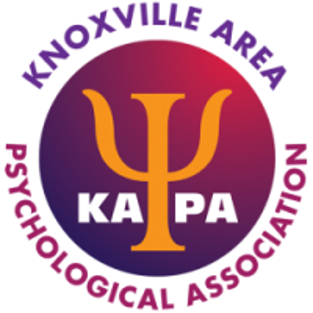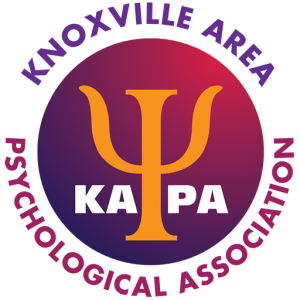
Upcoming KAPA CE event
Treatment of Insomnia and Related Sleep Disorders
Summary: Over the past five decades, an avalanche of discoveries has documented the mental and physical health benefits of good sleep. Yet, insomnia remains one of the the most common complaints seen in both primary care and psychology. This presentation aims to remind us of the basic physiological processes underlying sleep. We will then review the wide range of potential disorders which can present as insomnia or a related symptom. Finally, we will dive into a novel, modular, and trans diagnostic cognitive-behavioral approach to the treatment of insomnia and related disorders. If there is time, we will also discuss how to work with patients around tapering and discontinuing hypnotic medications.
Presenter: C. Keith Hulse, Ph.D., MSCP, D,ABSM
Bio:
Dr. Hulse, a psychologist, obtained his Ph.D. in clinical psychology from Bowling Green State University, interned at Harvard Medical School/Massachusetts General Hospital, and completed a postdoctoral fellowship in behavioral medicine at Dartmouth Medical School. He also completed a postdoctoral Masters degree in clinical psychopharmacology and has served as a member of APA’s Expert Working Group In Psychopharmacology. He has served as director of behavioral medicine at Patricia Neal Rehabilitation Center and as clinical director of the Sleep Disorders Centers at Fort Sanders Regional Medical Center and at Methodist Medical Center. Since 1990, Dr. Hulse has been in practice at the Behavioral Medicine Institute in Knoxville, which he founded. He is a Diplomate of the American Board of Sleep Medicine, recipient of a Presidential Citation from the American Psychological Association, and of Outstanding Contribution to Psychology awards from both APA Division 55 and the Tennessee Psychological Association. He also has served as president and legislative affairs director of the Tennessee Psychological Association.
Learning Objectives:
1. Explain the two process model of sleep and its implications for treating sleep disorders
2. Apply skills in accurately assessing and diagnosing the range of sleep disorders involving insomnia
3. Expand competence in CBT-I and specifically in the Transdiagnostic Sleep and Circadian Intervention (TranS-C) model of treatment.
References:
1. Kryger, Roth, and Dement (2016). Principles and Practice of Sleep Medicine, Sixth Edition. Elsevier.
2. Sateia, M. (2014). International Classification of Sleep Disorders. AASM
3. Harvey and Buysse (2018). Treating Sleep Problems: A Transdiagnostic Approach. Guilford.
Target Audience: This program is open to all KAPA members and other interested mental health professionals who are not members. The content of this presentation is appropriate for mental health professionals educated at the graduate level in psychology, psychiatry, or other mental health related disciplines, as well as graduate students in a mental health related discipline.
Instructional Level: The material will be appropriate to intermediate levels of practice and knowledge.
Continuing Education: This program, when attended in its entirety, is available for 1.5 continuing education credits. With full attendance and completion of a Program Evaluation and Learning Assessment, a certificate will be issued. Partial credit will not be awarded. Participant's attendance will be verified via their Zoom login name and sign in/sign off time. Please assure that you are identifiable by your Zoom login name.
American Psychological Association Approval Statement: The Knoxville Area Psychological Association (KAPA) is approved by the American Psychological Association to sponsor continuing education for Psychologists. KAPA maintains responsibility for this program and its content.
There is no commercial support for this program, nor are there any relationships between the CE Sponsor, presenting organization, program content, research, grants, or other funding sources that could reasonably be construed as conflicts of interest. During the program, the validity/utility of the content and risk/limitations of there approaches discussed will be addressed.
Registration Fees and Policies: If you are a member of KAPA, then this program is free of charge. If you are not a member of KAPA and you do not want CE credit, then this program is free of charge. Non-members wanting CE credits will be charged $20.
